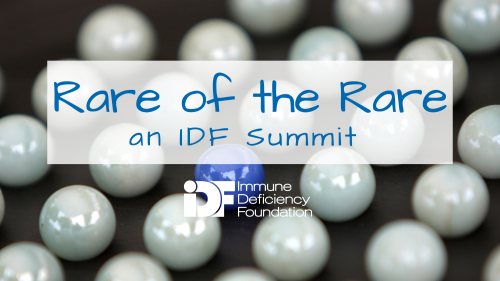
CARD11 deficiency or gain of function
Related gene: CARD11
Inheritance pattern: Autosomal recessive (deficiency)/autosomal dominant (gain-of-function)
Variants in CARD11 are associated with a spectrum of primary immunodeficiencies. Complete absence of CARD11 protein, which is a rare autosomal recessive condition, causes hypogammaglobulinemia and T cell dysfunction in spite of normal T cell numbers. Ig replacement therapy and preventative antibiotics are indicated. CARD11 deficiency has been successfully treated by hematopoietic stem cell transplantation (HSCT).
Dominant gain-of-function variants in CARD11 (in which the protein is present but altered) have been shown to cause a B cell lymphoproliferative disorder known as B cell expansion with NF-κB and T cell anergy (BENTA) disease. T cell anergy means a lack of response by T cells to certain antigens, which is seemingly benign, though its long-term implications are not yet understood. Other dominant negative variants in CARD11 cause a type of hyper IgE syndrome and have been found in children with severe allergies, eczema, and variable antibody deficiency with risk of recurrent infections.











